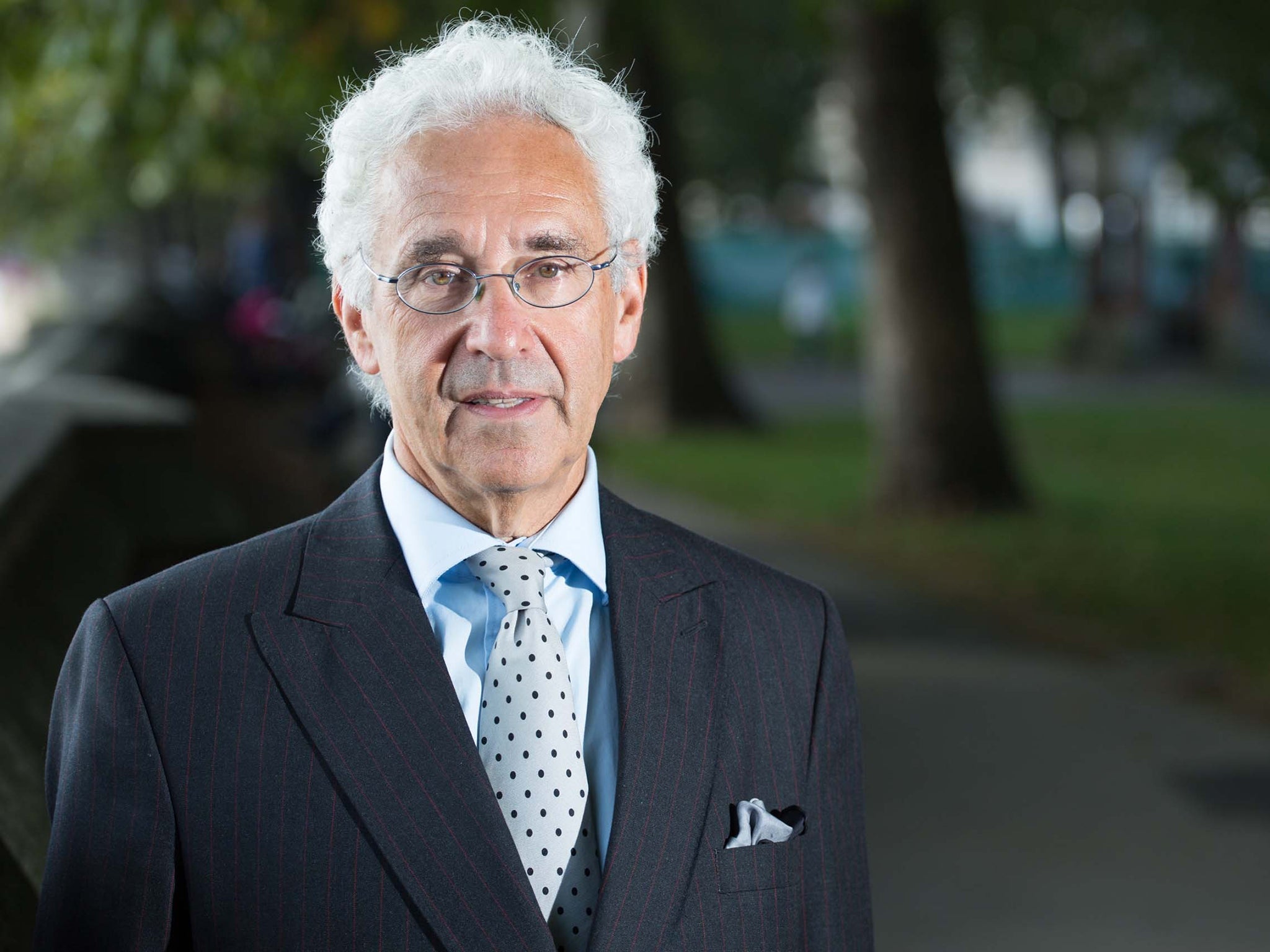Press watchdog chairman Sir Alan Moses wants more power for victims
"He is anxious for reform to investigate abuses and offer redress"

Your support helps us to tell the story
From reproductive rights to climate change to Big Tech, The Independent is on the ground when the story is developing. Whether it's investigating the financials of Elon Musk's pro-Trump PAC or producing our latest documentary, 'The A Word', which shines a light on the American women fighting for reproductive rights, we know how important it is to parse out the facts from the messaging.
At such a critical moment in US history, we need reporters on the ground. Your donation allows us to keep sending journalists to speak to both sides of the story.
The Independent is trusted by Americans across the entire political spectrum. And unlike many other quality news outlets, we choose not to lock Americans out of our reporting and analysis with paywalls. We believe quality journalism should be available to everyone, paid for by those who can afford it.
Your support makes all the difference.Victims of press intrusion should be given greater powers to complain to the new industry watchdog, according to Sir Alan Moses, the body’s chairman.
Sir Alan will address newspaper bosses on Sunday as he seeks changes to the fledgling regulatory body set up by publishers two months ago.
The chairman of the new Independent Press Standards Organisation is anxious that the regulator needs reform to properly investigate abuses and offer victims an arbitration system to seek redress. The former Lord Justice of Appeal wants changes to Ipso’s complex rules and wants victims of press intrusion to be able to take complaints directly to the watchdog rather than first approaching the newspaper concerned.
Sir Alan will tomorrow deliver a lecture at the Society of Editors conference in Southampton and is expected to talk on the value of a credible regulator while acknowledging that a free press will inevitably find itself at the centre of controversies.
In a series of public events since the regulator launched in September, the former judge has made clear his dissatisfaction with its structure.
At a panel discussion on press regulation at the Conservative Party conference in Birmingham, Sir Alan set out the seven principles under which Ipso’s board wished it to operate, stressing the importance of its independence from press owners and the need for transparency and accountability.
He pointedly acknowledged that he was “acutely aware” of “the anger and, if it’s not too strong a word, despair” felt by critics of the press industry’s delayed response to Leveson. And he identified three broad areas of Ipso he wanted to change.
These areas were, firstly, the regulator’s investigatory powers, which he said could only be understood by “Talmudic analysis”; secondly, the setting up of an arbitration process to provide a “speedy, fair and effective means of redress”; and thirdly, a complaints mechanism different from the current system, which requires complainants to apply to the relevant paper and can leave them feeling “powerless in the face of a mighty organisation”.
Join our commenting forum
Join thought-provoking conversations, follow other Independent readers and see their replies
Comments